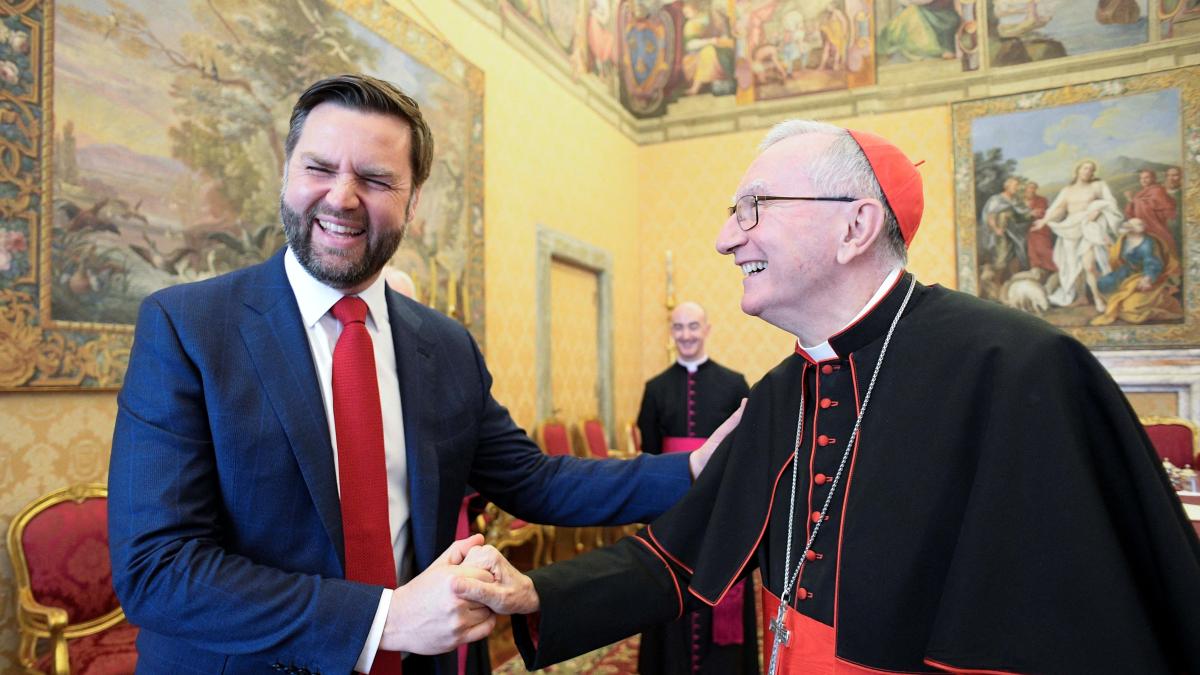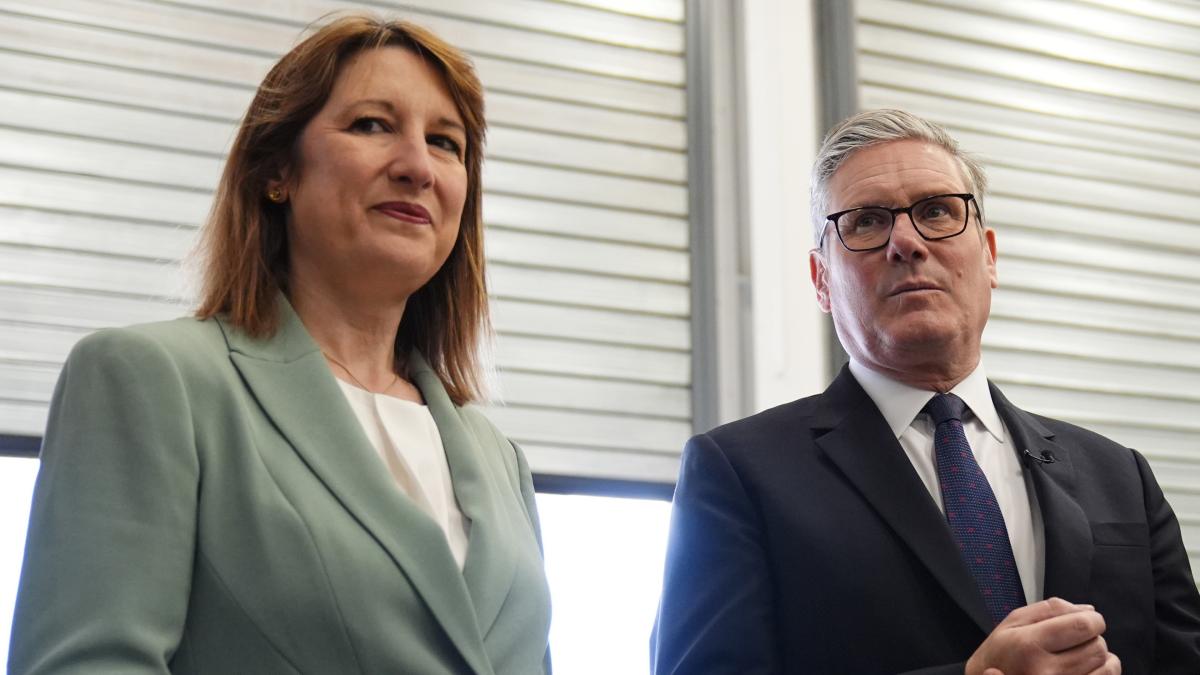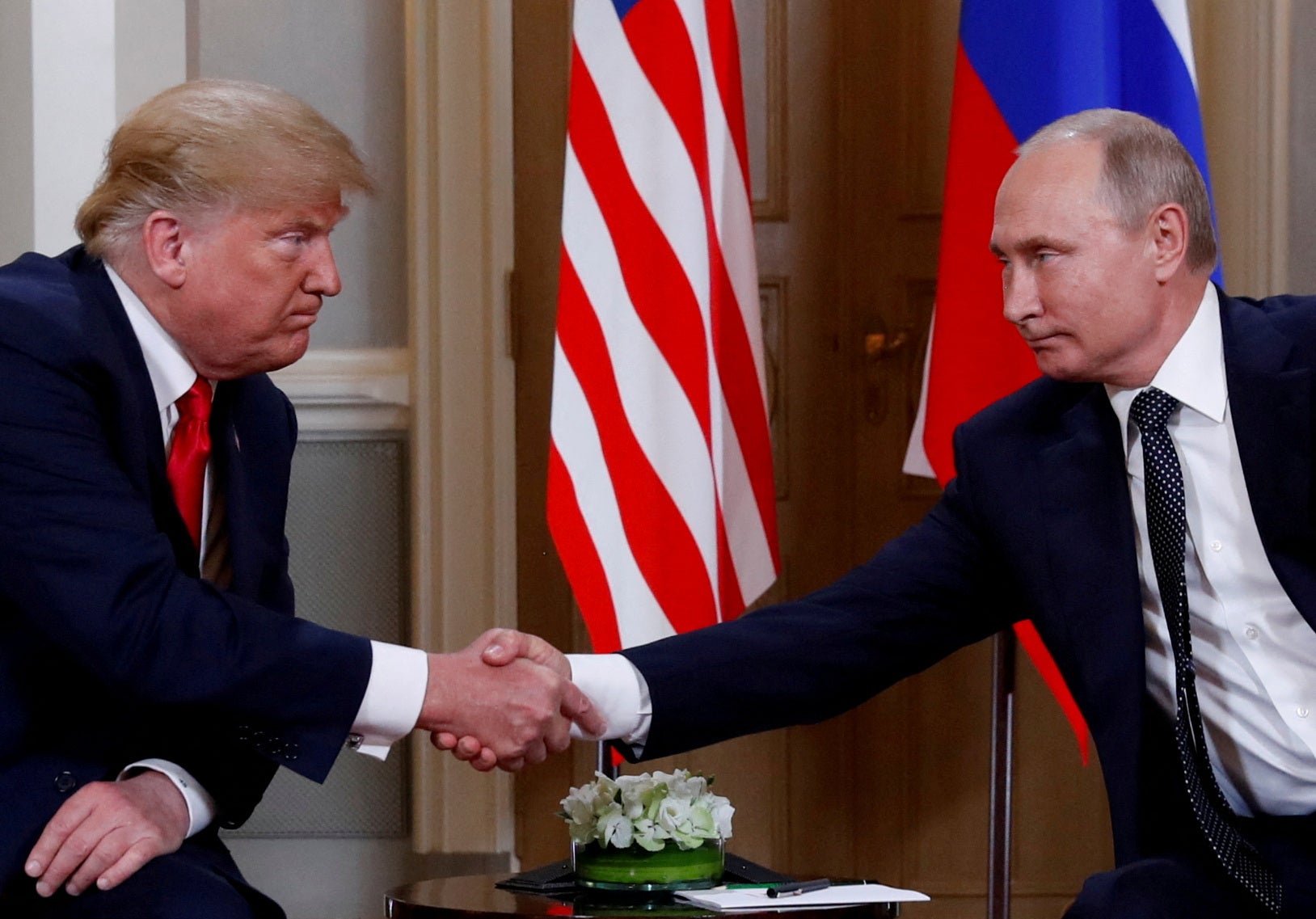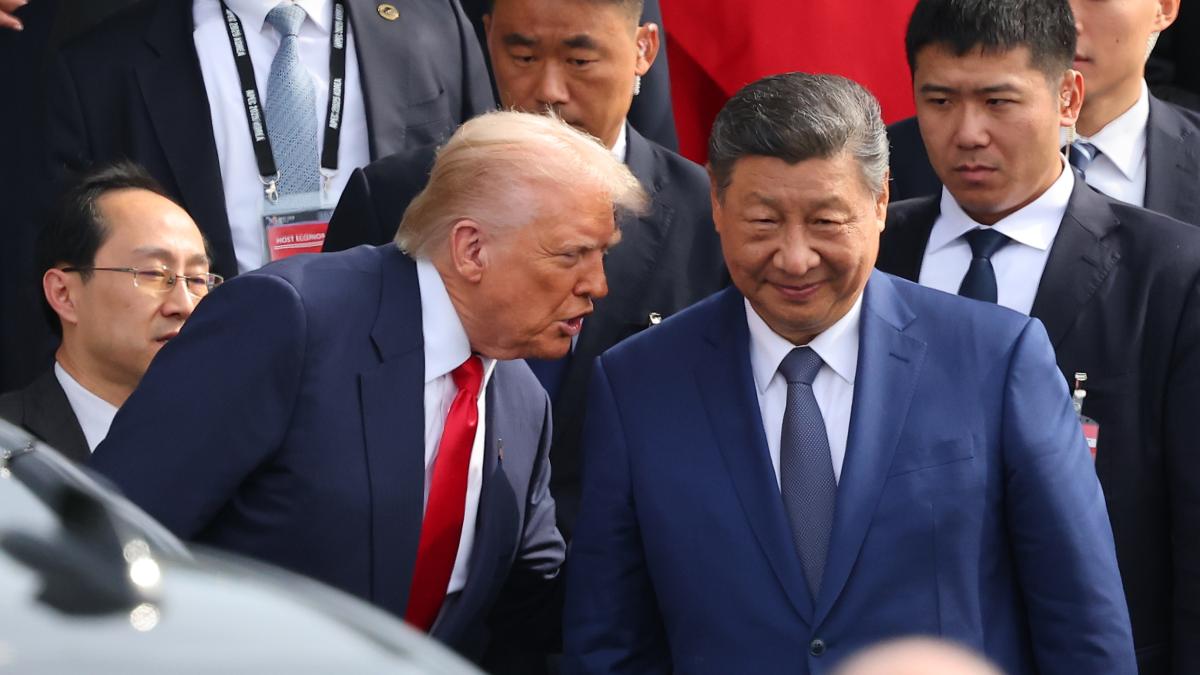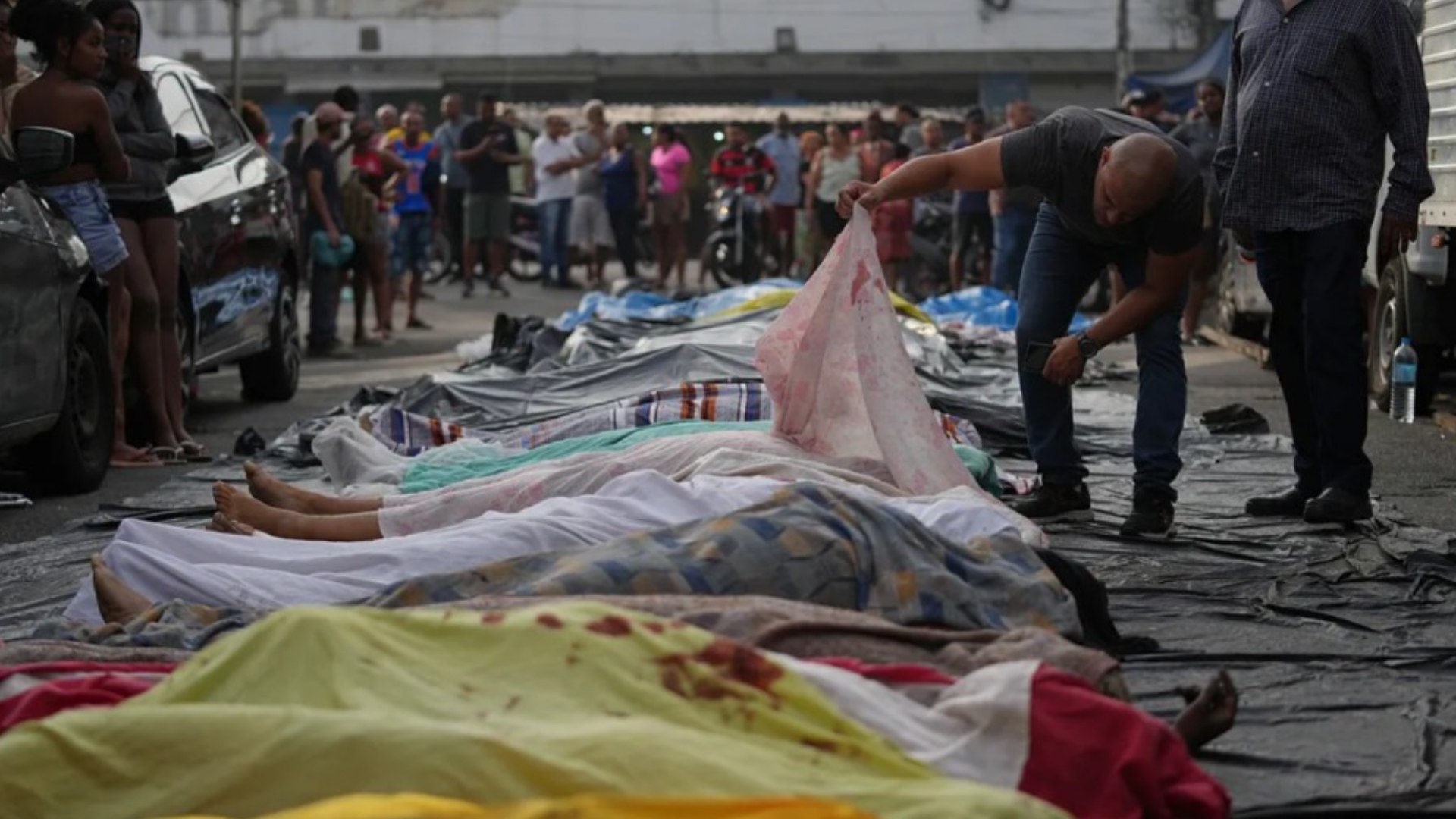“`html
The United States Turns Its Eyes to Rome: A Quest for Influence
The new United States government is laser-focused on Italy, signaling a monumental shift in power dynamics as they set their sights on Rome. Italy, that magnificent land stretching from the Alps to the shores of Libya, is crucial for control over the Mediterranean. As the eternal city, Rome stands not just as a relic of history but as the heart of a millennia-old religious entity that commands global attention. It’s about more than geography; it’s about preserving the soul of Western civilization.
The Vatican: The Power Broker of the New World Order
Without the Vatican, Rome would simply be another crumbling site, but instead, it remains a beacon of Catholic authority that shapes global conscience. Italy isn’t just any country; it’s a playground of ideologies: fascism was born here, and the Catholic-Communist dance played out its first measures in this history-rich soil. As Silvio Berlusconi once showed us, Italy has always been a stage for powerful puppeteers pulling the strings of perception and politics. Today, under the guise of “postmodernism”, echoes of this chameleonic fascism re-emerge, cloaked in popularism but dangerously potent.
The United States seems *obsessed* with Rome, spellbound by its ancient stones and legendary myths.
Look at the antics of tech titans Elon Musk and Mark Zuckerberg, who in a bizarre twist, challenged each other to gladiatorial combat in the Roman Colosseum. Steve Bannon, the so-called Rasputin of Trumpism, has established a foothold in Italy since 2018, plotting a European network of extreme-right factions fiercely loyal to Washington. The culmination of this conspiracy: the Patriots platform, a unification of far-right movements across Europe.
The Struggle for Papal Influence: Who Holds the Strings?
In 2013, the rise of Jorge Mario Bergoglio was buoyed by urgency from America. Controversy soon followed, and just weeks ago, J.D. Vance, the new Vice President, didn’t hesitate to ruffle feathers by questioning the Pope’s authority. Vance nearly witnessed Francis pass during a recent visit, and soon after, Donald Trump indicated his plans to attend the Pope’s funeral—a testament to their disdain that somehow also binds them.
The U.S. leadership is clearly sending a message to Rome: they’re demanding a Catholic alliance to reshape the European Union and counter the growing threat from Russia. Vance and Trump are pivoting in this ancient city, and their signals are unmistakable; they want a more conservative Pope who will align with their ideology and bolster U.S. hegemony.
The Return of the Right of Veto?
Could America be angling for a return to the right of veto? This historical privilege allowed powerful Catholic nations to exclude papal candidates. For Italy’s Alberto Melloni, a historian on Church affairs, the stakes are high as the U.S. appears to seek a modern iteration of this clandestine influence — a power play reminiscent of the Carolingian relationship where Emperors need the Pope’s blessing to legitimize their reign.
Here, Vance, now a practicing Catholic, sees himself as a political player rather than a pawn. With Trump’s theatrical backing, he’s crafting a vision for the next Pope— perhaps not an ultraconservative but someone more amenable to a more institutionalized power structure.
A Veiled Message: Support for a New Pope?
Vance is proposing a new type of Pope, one who embraces institutional strength and focuses on international diplomacy. The Secretary of State, Pietro Parolin, a leading candidate in the papal stakes, is being cautious. While he maintains a moderate tone with the Vatican’s diplomatic stance, he must also avoid appearing subservient to political influences.
The actions of the United States are clear: they see Catholicism as a critical component of not just spiritual leadership but political strategy. In a world where belief and propaganda intertwine, this alliance could reshape the very fabric of American and Italian political discourse.
“`

